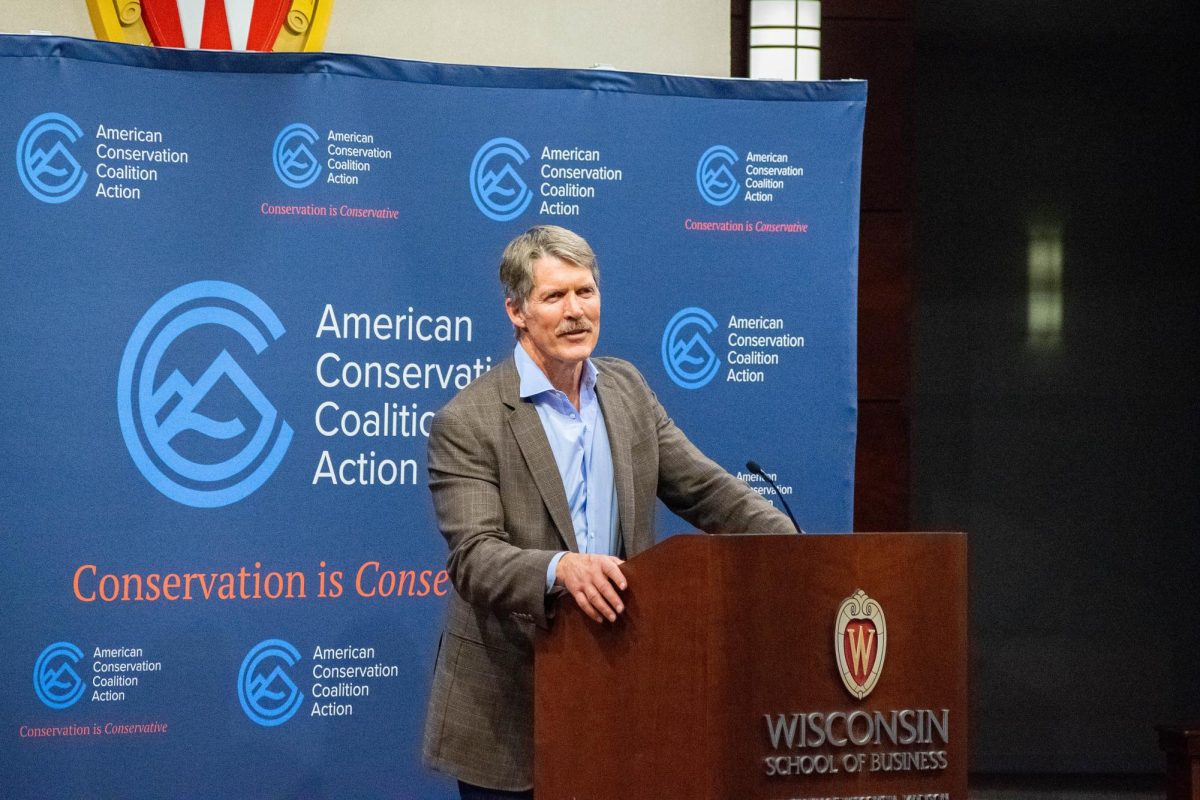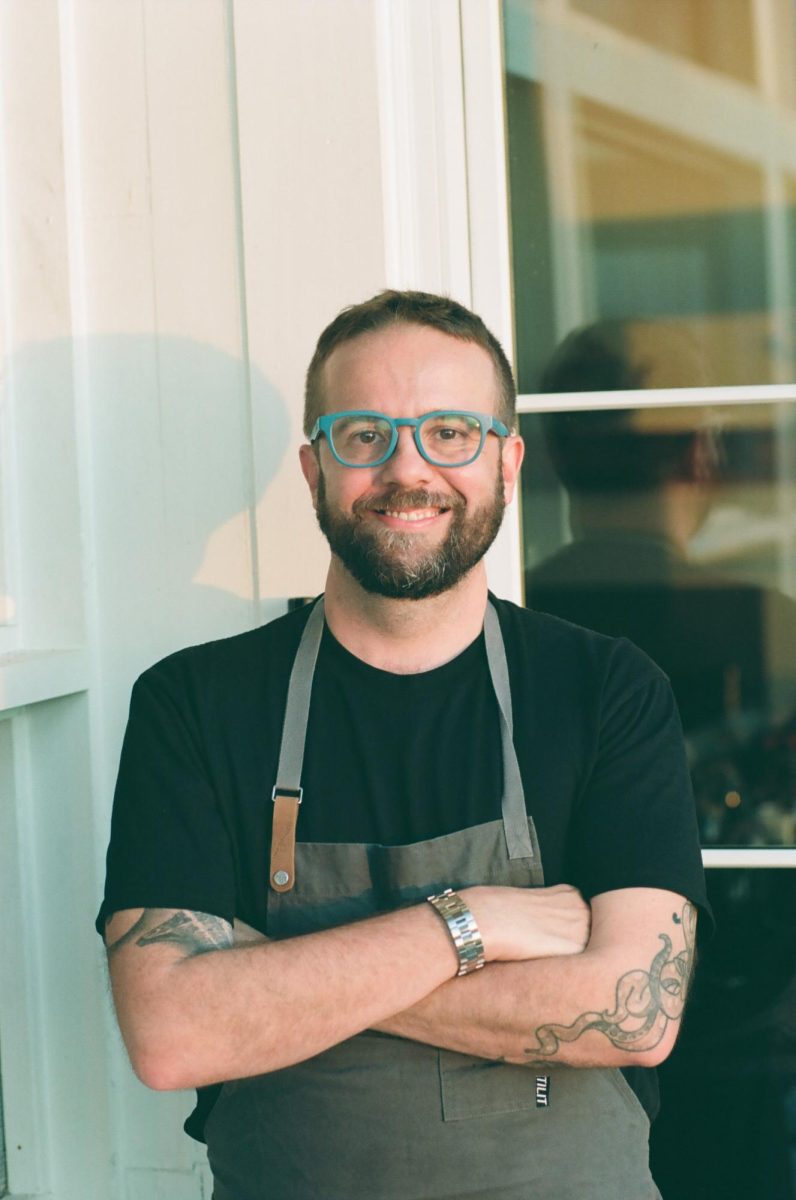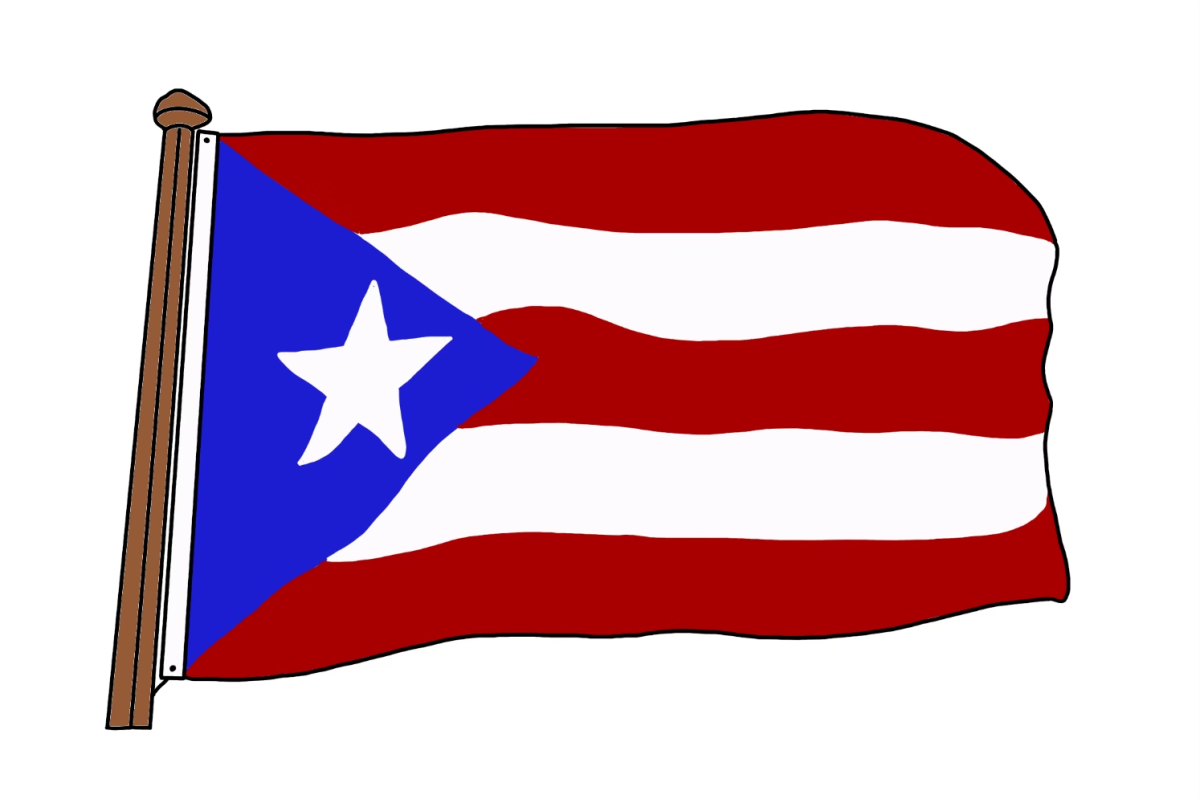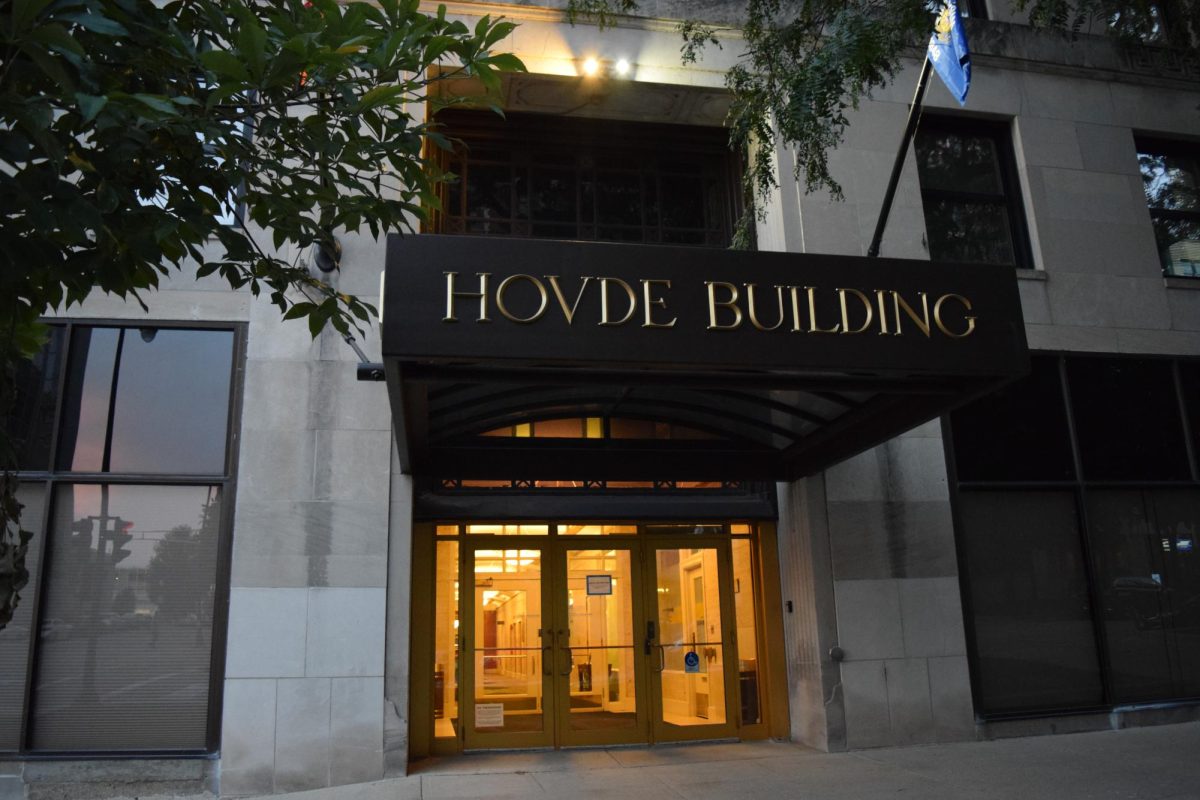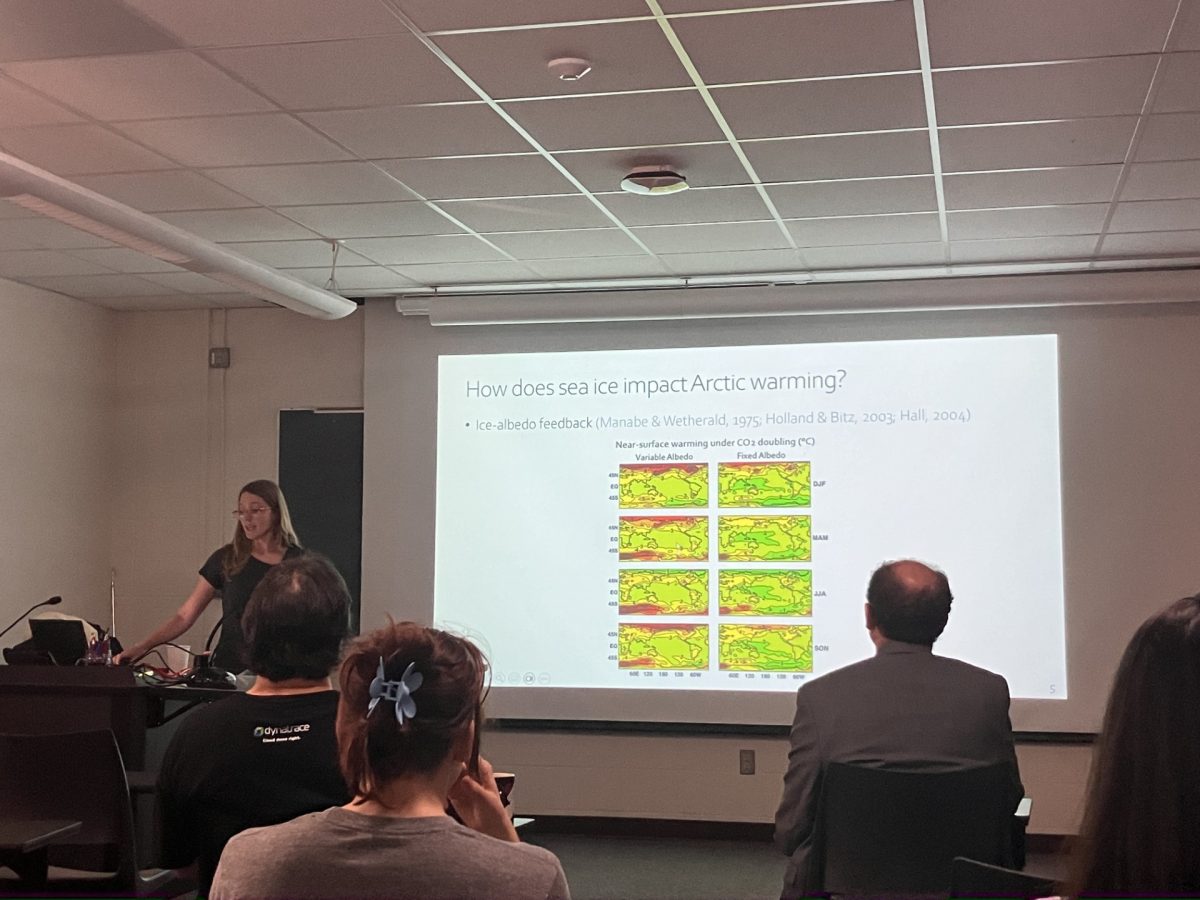A student group met Thursday to discuss the proposed transformation of the DeJope bingo hall into a casino.
University of Wisconsin senior Steven Singh, the student in charge of the meeting, said about 10 to 15 people attended the gathering.
“We had a great crowd,” Singh said. “They were really receptive.”
Singh is co-coordinator of the Students Coalition for the Fair Indian Gaming and Revenue and Sharing Agreements. He is a hired staff member of the coalition, something No Dane Casino, a group opposing the casino, cannot afford.
David Relles, No Dane Casino spokesman, said because of this lack of funding, no student groups are meeting in opposition to the casino.
The group in attendance was made up of students who favor the casino as well as those undecided, Singh said.
Lisa Pugh, spokeswoman for the Coalition for the Fair Indian Gaming and Revenue and Sharing Agreements, said the Ho-Chunk Nation would pay the city and county a total of $91 million over the next 13 years if the casino vote passes. This sum of money was one of the topics the meeting focused on.
“We really stressed the money the community would receive,” said Singh.
Many who are against the casino, such as Relles and Madison Mayor Dave Cieslewicz, say the money the Ho-Chunk Nation is offering is a relatively small amount in comparison to the amount of money the tribe will accumulate from the casino.
Cieslewicz has said he will vote “no” to the casino and endorses No Dane Casino.
William N. Thompson, a professor at the University of Nevada-Las Vegas, was hired by a group in Madison to conduct a study on the effects of a casino in Dane County. The conclusion of the study was that, in the long run, Madison and Dane County would face serious economic and social costs.
Relles said Madison is a particularly dangerous place for a casino because of the number of students and athletes, two groups he feels stand at serious risk for gambling problems.
“It is not going to be pretty,” Relles said of the possibility of a casino in a Big Ten town.
At the student meeting, Singh said the group chose to discuss the findings of another study, conducted by David J. Ward, a former administrator for the UW System. The study concluded the community would gain financially from the casino.
The amount of money the Ho-Chunk Nation can afford to spend worries Relles, who estimates the tribe will spend $1 million campaigning for the casino.
The Ho-Chunk Nation has reportedly already spent more than $200,000 on its television ad campaign.
No Dane Casino will air its one and only television commercial Friday morning at 5:28 a.m. Relles said the ad cost the group $91.67. He said No Dane Casino is primarily campaigning through its website, www.nodanecasino.com.
A public forum will be held regarding the proposal Feb. 5 at Edgewood College in the Anderson Auditorium at 7 p.m. The Isthmus newspaper, the League of Women Voters of Dane County and Edgewood’s Center for Democracy are hosting the event.


